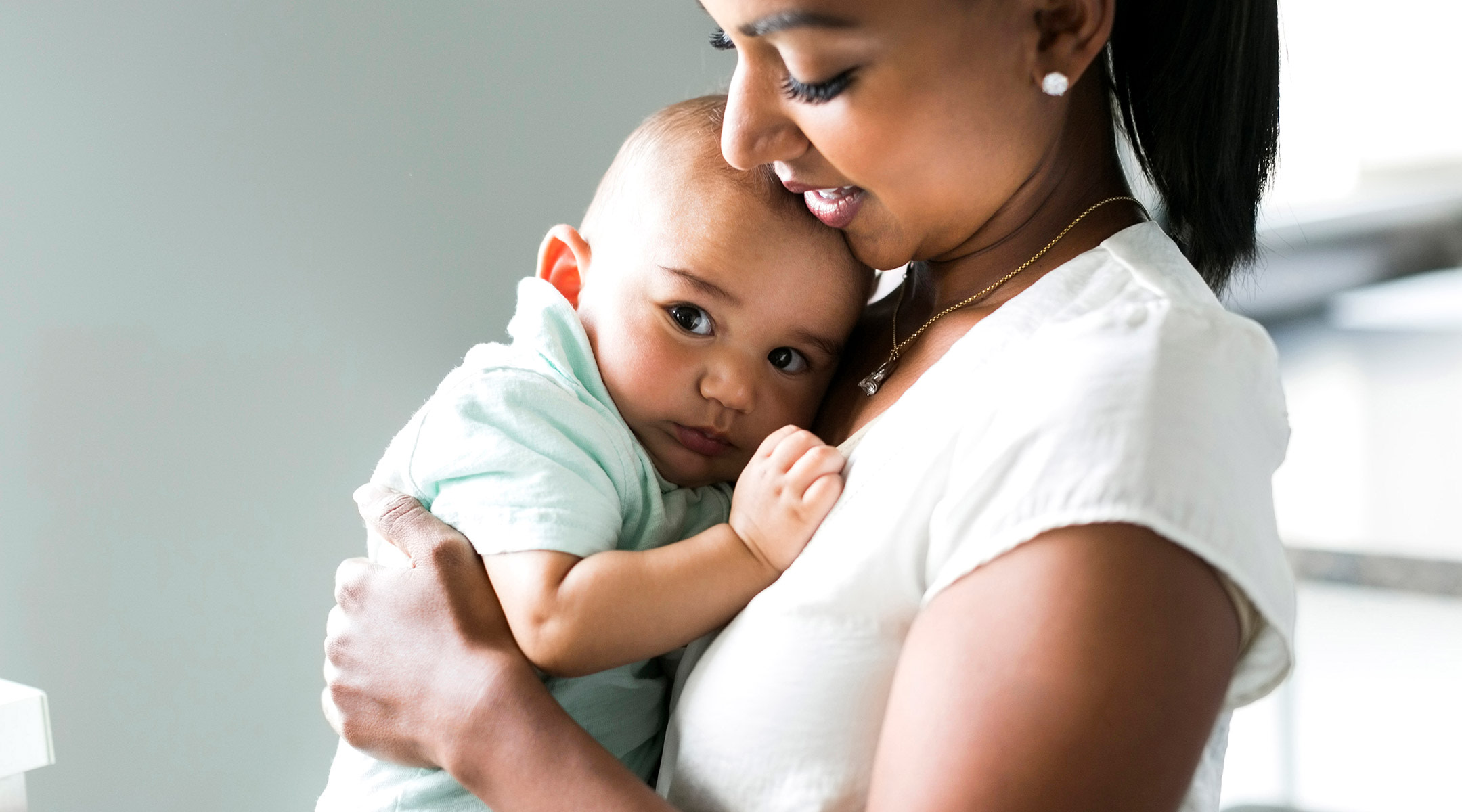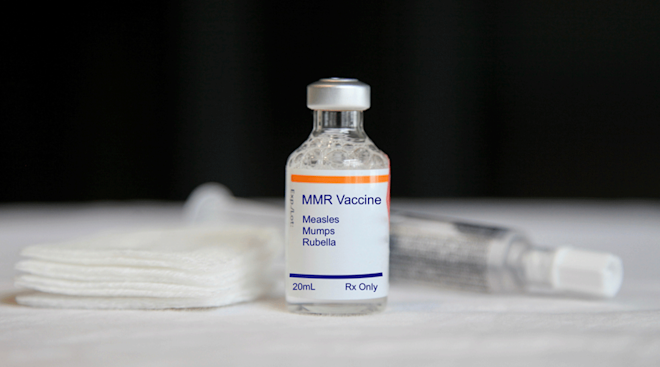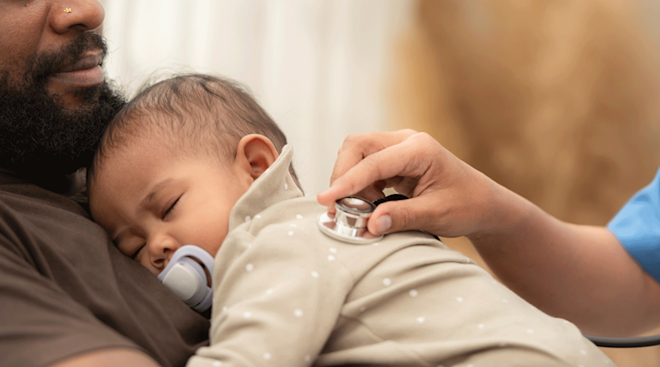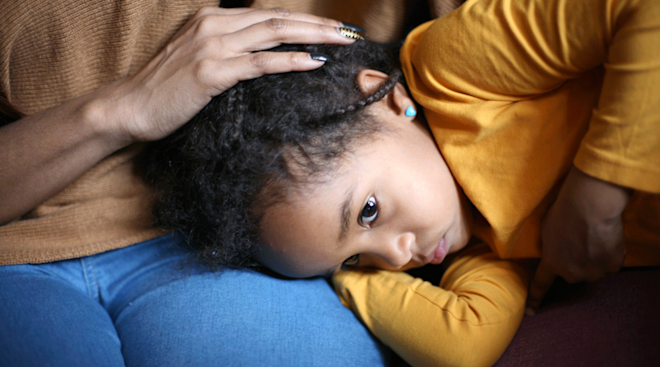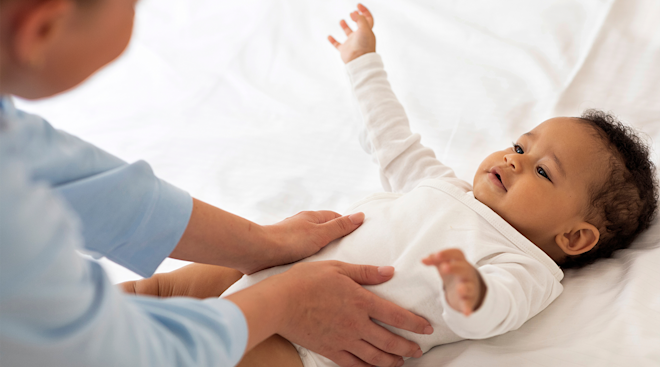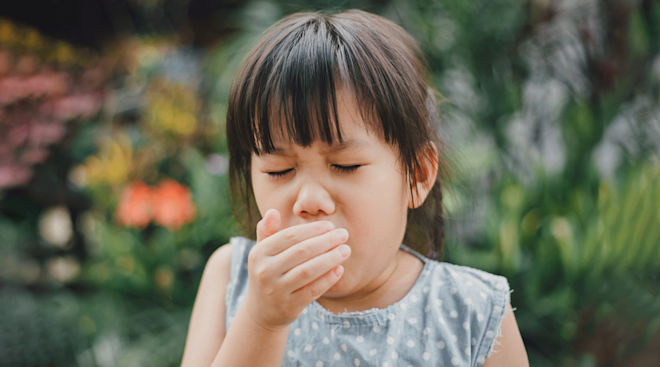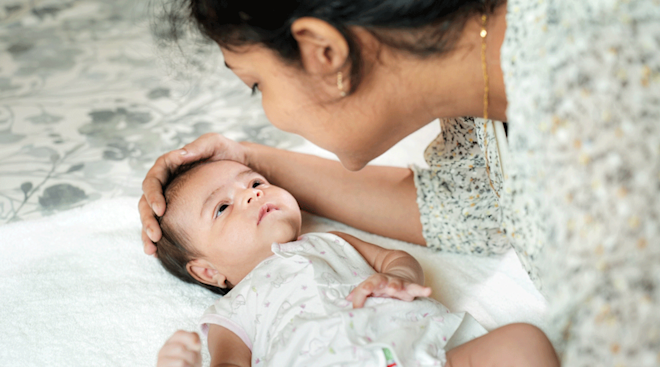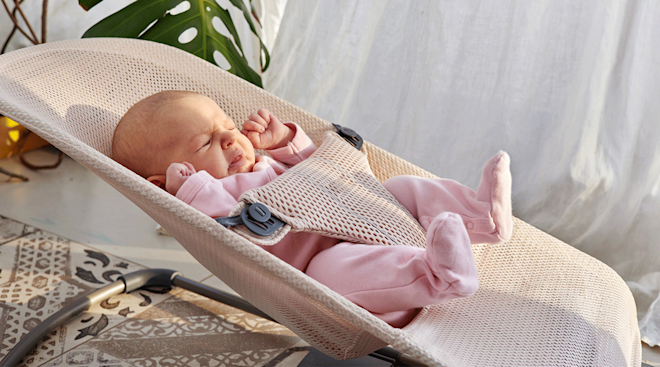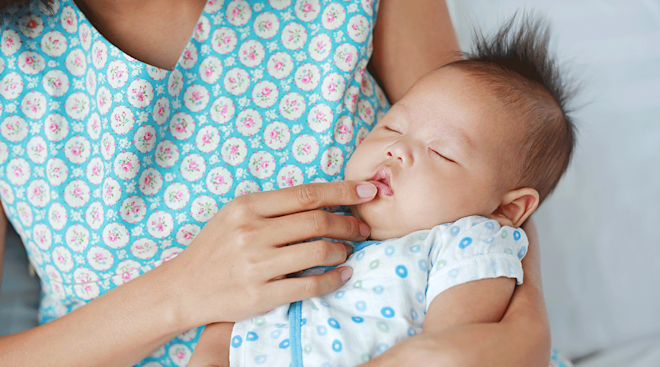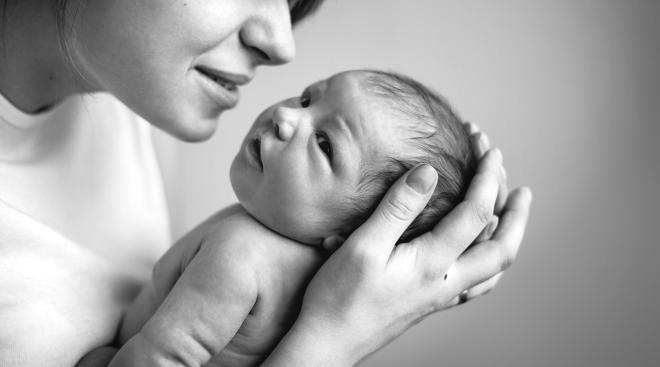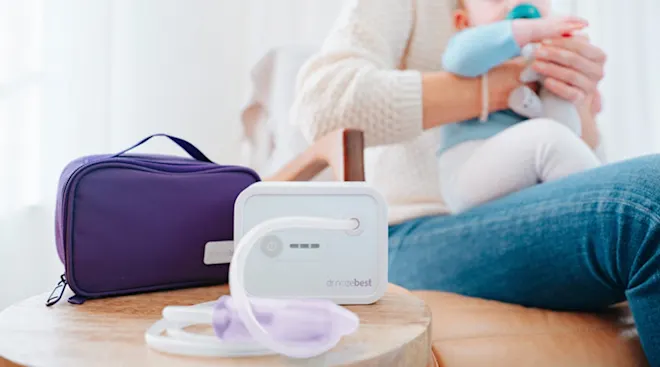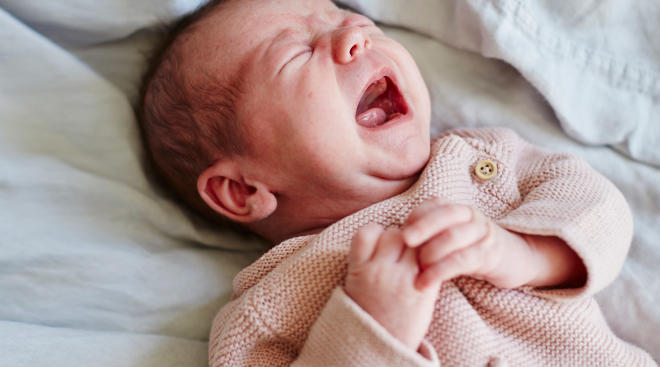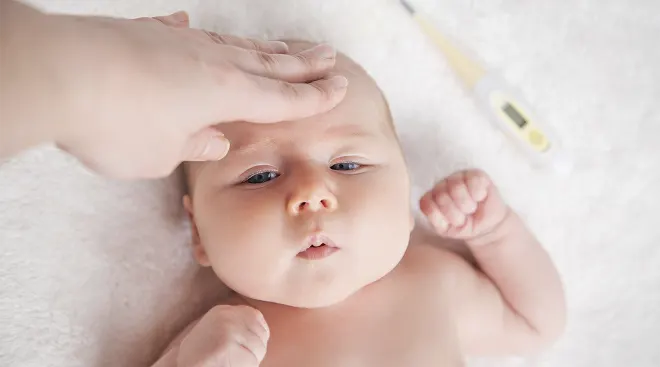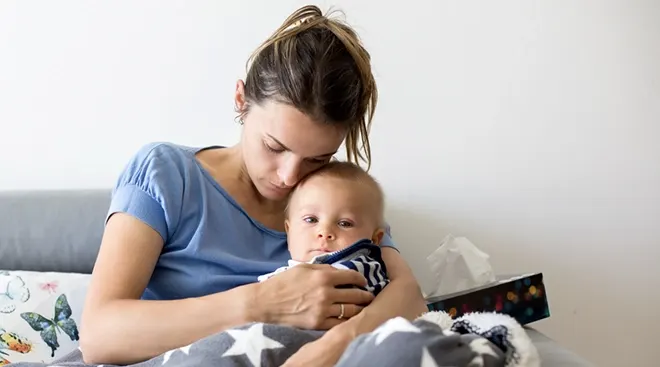How to Detect and Treat Sore Throat in Babies and Toddlers
As with all other aches and pains, sore throat in babies is particularly tough to bear—they have no idea what hit them and they can’t even tell you how they feel. But, if you pay close attention, your little one could be giving you signs to let you know what’s going on. Here’s what to look for, as well as what you can do to soothe baby sore throat gently yet effectively.
Viral infections similar to the common cold are the most common causes of sore throat in babies and toddlers. “Runny noses can give you a dry, irritated throat. The mucus is acidic; when it drips, it can infect the throat and make it painful,” says TJ Gold, MD, of Tribeca Pediatrics in New York City.
In addition, if baby is congested, they’ll likely leave their mouth open to help them breathe. This can lead to a dry and irritated throat too.
The virus can also infect the mucus membrane, which can lead to an upper respiratory infection and, in turn, a sore throat. Although a sore throat can happen any time of the year, you’re more likely to see it in December, January and February, which is right in line with flu season.
Increased irritability can be a telltale sign of a sore throat in babies and toddlers. Your little one will also not want to eat or drink anything that’s too hot or too cold because it will hurt their throat.
How to tell if a baby sore throat is a more serious infection
Sore throats will usually go away within seven to 10 days. “If something more serious than a sore throat is going on, you may see additional signs of distress, such as persistent or forceful vomiting, diarrhea, rash, high fever and, in more severe cases, they may have difficulty breathing or swallowing,” says DeAnn Moore, MD, of the Children’s Hospital at Montefiore in New York. If you spot any of these symptoms in baby, call your pediatrician right away.
Even without the above symptoms, you should call your pediatrician if the sore throat comes with a fever, advises Ari Brown, MD, and author of the Baby 411 book series. This could be a sign of another infection, such as Coxsackievirus (aka hand, foot and mouth disease), strep or mono.
Since viruses are the culprits behind most baby and toddler sore throat, there aren’t any medications that’ll make them go away. For older toddlers with a severe case, your pediatrician may prescribe a pharmacy compound of Benadryl and Maalox. But for the most part, you just need to be patient and let it resolve on its own. In the meantime, try the following to help make your child more comfortable, and, as always, consult your pediatrician before giving any treatments.
- Make sure baby is staying well-hydrated: If baby is under 6 months, offer them plenty of breast milk or formula; if they’re older than 6 months, you can give them water.
- Use throat lozenges: Dissolve a bit of throat lozenge in warm water for baby (older than 6 months) to drink. However, be careful to avoid honey (because of botulism risks in children under a year old), as well as cough-suppressant lozenges, as coughing actually helps baby get rid of that pesky mucus, Gold says. Obviously, remove the hard lozenge before feeding the drink to baby.
- Watch baby’s diet: Encourage regular meals for children old enough to eat solid foods, but avoid anything spicy, acidic or rough in texture.
- Use a humidifier in baby’s room: This will prevent the air from becoming too dry.
- Give a pain reliever like Tylenol: Of course, always check with your pediatrician for appropriate age and dosage.
Please note: The Bump and the materials and information it contains are not intended to, and do not constitute, medical or other health advice or diagnosis and should not be used as such. You should always consult with a qualified physician or health professional about your specific circumstances.
Plus, more from The Bump:
TJ Gold, MD, is a pediatrician with Tribeca Pediatrics in New York City. She earned her medical degree from Ross University School of Medicine in Portsmouth, Dominica, and completed her residency at SUNY Downstate Children’s Hospital in Brooklyn, New York.
DeAnn Moore, MD, is a pediatrician with Children’s Hospital at Montefiore in New York. She earned her medical degree from Southern Illinois University School of Medicine.
Ari Brown, MD, FAAP, is a Texas-based pediatrician who's been in practice for more than 25 years. She earned her medical degree from Baylor College of Medicine and completed her general pediatric residency and fellowship in developmental/behavioral pediatrics at Harvard Medical School/Children’s Hospital Boston. She is also the author of the Baby 411 book series.
Learn how we ensure the accuracy of our content through our editorial and medical review process.
Navigate forward to interact with the calendar and select a date. Press the question mark key to get the keyboard shortcuts for changing dates.
































